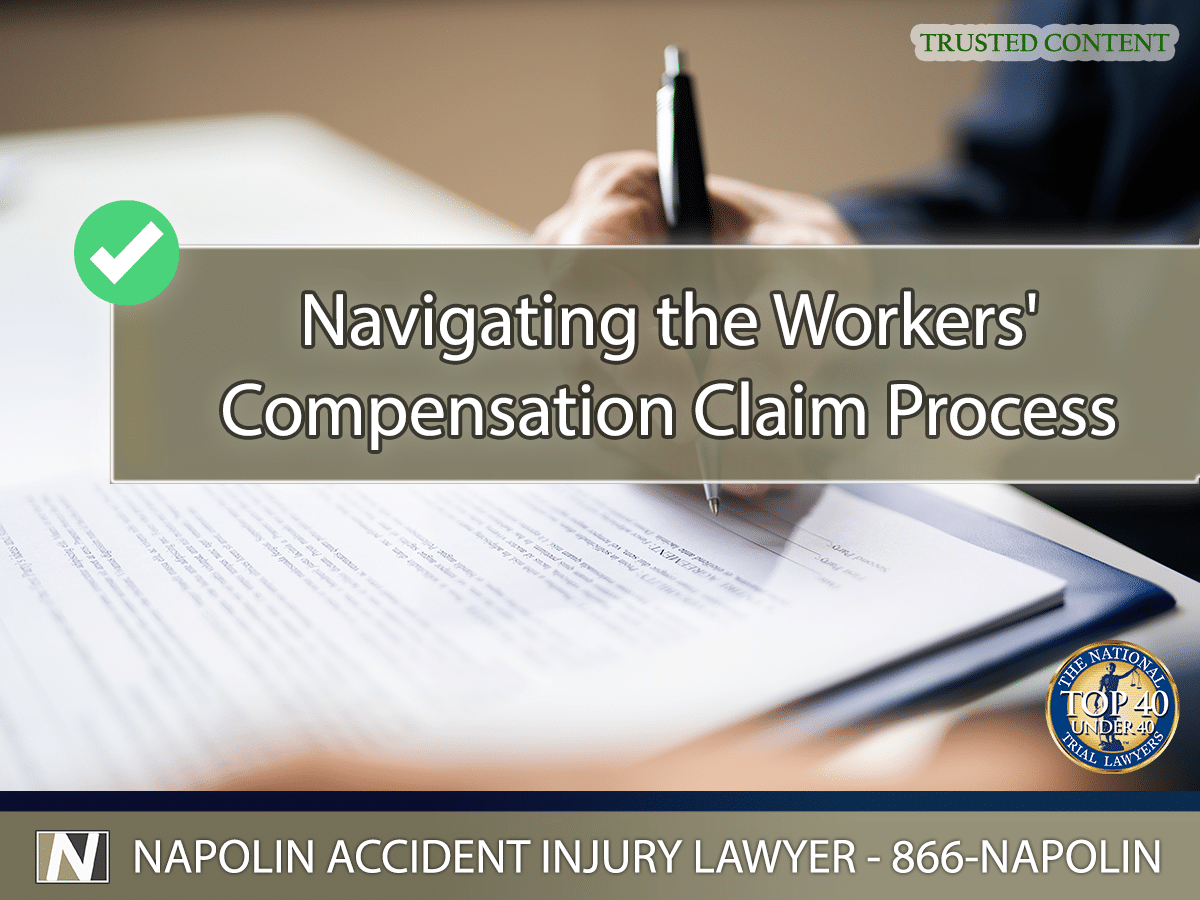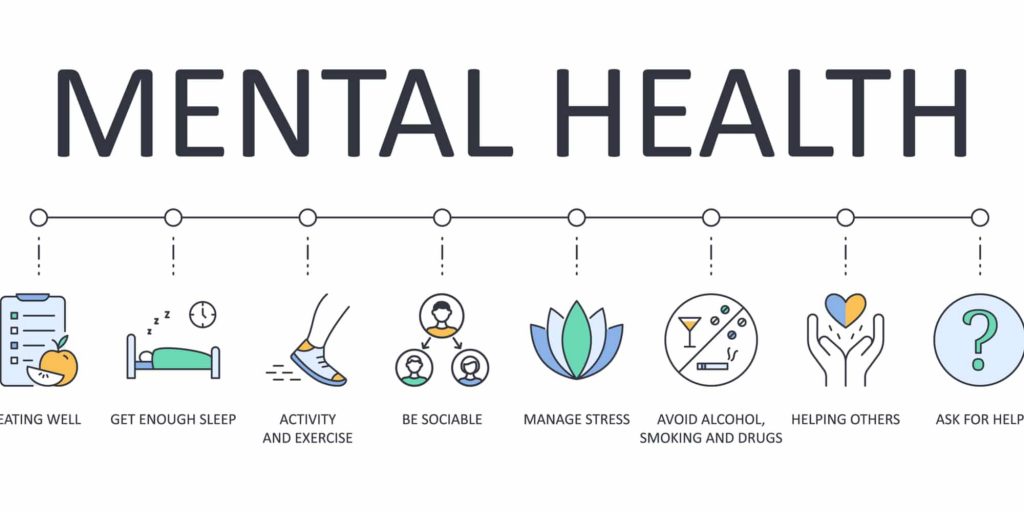Contents
Images References :
Work addiction, also known as workaholism, is a condition in which people become excessively preoccupied with their work, to the detriment of their personal and social life.
Work addiction can have a significant impact on an individual’s physical and mental health, as well as their relationships and overall well-being. If you think you may be struggling with work addiction, it is important to seek professional help. A therapist can help you to understand the underlying causes of your work addiction and develop coping strategies to manage it.
In the meantime, there are a number of things you can do on your own to cope with work addiction. Here are a few tips:
Coping strategies for work addiction
Here are a few tips to help you cope with work addiction:
- Set boundaries
One of the most important things you can do to cope with work addiction is to set boundaries. This means setting limits on how much time you spend working, and sticking to those limits. It also means saying no to additional work when you’re already feeling overwhelmed.
Set boundaries
One of the most important things you can do to cope with work addiction is to set boundaries. This means setting limits on how much time you spend working, and sticking to those limits. It also means saying no to additional work when you’re already feeling overwhelmed.
- Establish regular work hours. Decide how many hours per day or week you are willing to work, and stick to those hours. Avoid working overtime or on weekends unless it is absolutely necessary.
- Take breaks. Get up and move around every 20-30 minutes, and take a longer break for lunch. Step away from your work and do something else that you enjoy, such as reading, listening to music, or spending time with friends and family.
- Say no to additional work. It is important to learn to say no to additional work when you are already feeling overwhelmed. If you have too much on your plate, it is okay to delegate tasks to others or to simply say no.
- Take time for yourself. Schedule time for yourself each day to do something that you enjoy, such as exercising, reading, or spending time with friends and family. This will help you to relax and de-stress, and it will make it less likely that you will turn to work as a way to cope with stress.
Setting boundaries is not easy, but it is essential for coping with work addiction. By setting limits on how much time you spend working, and by saying no to additional work when you’re already feeling overwhelmed, you can start to regain control of your life and reduce the negative impact of work addiction.
FAQ
Here are some frequently asked questions about coping strategies for work addiction:
Question 1: How do I know if I’m addicted to work?
Answer 1: Work addiction is a condition in which people become excessively preoccupied with their work, to the detriment of their personal and social life. Some signs and symptoms of work addiction include: working long hours, even when not necessary; feeling anxious or restless when not working; neglecting personal relationships and hobbies; and using work as a way to cope with stress or other negative emotions.
Question 2: What are the consequences of work addiction?
Answer 2: Work addiction can have a significant impact on an individual’s physical and mental health, as well as their relationships and overall well-being. Some potential consequences of work addiction include: burnout, anxiety, depression, insomnia, and relationship problems.
Question 3: How can I overcome work addiction?
Answer 3: Overcoming work addiction can be challenging, but it is possible. Some tips for overcoming work addiction include: setting boundaries, taking breaks, saying no to additional work, and scheduling time for yourself. It is also important to seek professional help if you are struggling to overcome work addiction on your own.
Question 4: What are some resources for people struggling with work addiction?
Answer 4: There are a number of resources available for people struggling with work addiction. These resources include: support groups, therapists, and online resources. Some helpful websites include:
* Workaholics Anonymous: https://workaholics-anonymous.org
* The Work Addiction Center: https://www.workaddictioncenter.com
* The National Council on Alcoholism and Drug Dependence: https://www.ncadd.org
Question 5: How can I support someone who is struggling with work addiction?
Answer 5: If you know someone who is struggling with work addiction, there are a number of things you can do to support them. These include: being understanding and supportive, encouraging them to seek professional help, and helping them to set boundaries.
Question 6: What is the prognosis for work addiction?
Answer 6: The prognosis for work addiction is generally good, but it depends on a number of factors, such as the severity of the addiction, the individual’s motivation to change, and the availability of support. With treatment, most people with work addiction can learn to manage their addiction and live a healthy and fulfilling life.
If you are struggling with work addiction, please know that you are not alone. There are many resources available to help you, and recovery is possible.
In addition to the tips and resources listed above, there are a number of other things you can do to cope with work addiction. These include:
Tips
In addition to the tips and resources listed above, there are a number of other things you can do to cope with work addiction. These include:
1. Identify your triggers. What are the situations or events that make you most likely to work excessively? Once you know what your triggers are, you can start to develop strategies to avoid or manage them.
2. Develop a support system. Talk to your family, friends, or therapist about your work addiction. Having a support system can help you to stay motivated and accountable.
3. Find healthy ways to cope with stress. Exercise, meditation, and spending time with loved ones are all healthy ways to cope with stress. Avoid using work as a way to cope with stress, as this will only make your addiction worse.
4. Practice self-care. Make sure to get enough sleep, eat healthy foods, and exercise regularly. Taking care of your physical and mental health will help you to better manage your work addiction.
Coping with work addiction can be challenging, but it is possible. By following these tips, you can start to regain control of your life and reduce the negative impact of work addiction.
If you are struggling to cope with work addiction on your own, please seek professional help. A therapist can help you to understand the underlying causes of your work addiction and develop coping strategies to manage it.
Conclusion
Work addiction is a serious condition that can have a significant impact on an individual’s physical and mental health, as well as their relationships and overall well-being. However, there are a number of things that you can do to cope with work addiction and regain control of your life.
Some of the most important coping strategies for work addiction include: setting boundaries, taking breaks, saying no to additional work, and scheduling time for yourself. It is also important to identify your triggers, develop a support system, find healthy ways to cope with stress, and practice self-care.
If you are struggling to cope with work addiction on your own, please seek professional help. A therapist can help you to understand the underlying causes of your work addiction and develop coping strategies to manage it.
Remember, recovery from work addiction is possible. By following these tips and seeking professional help when needed, you can overcome work addiction and live a healthy and fulfilling life.




